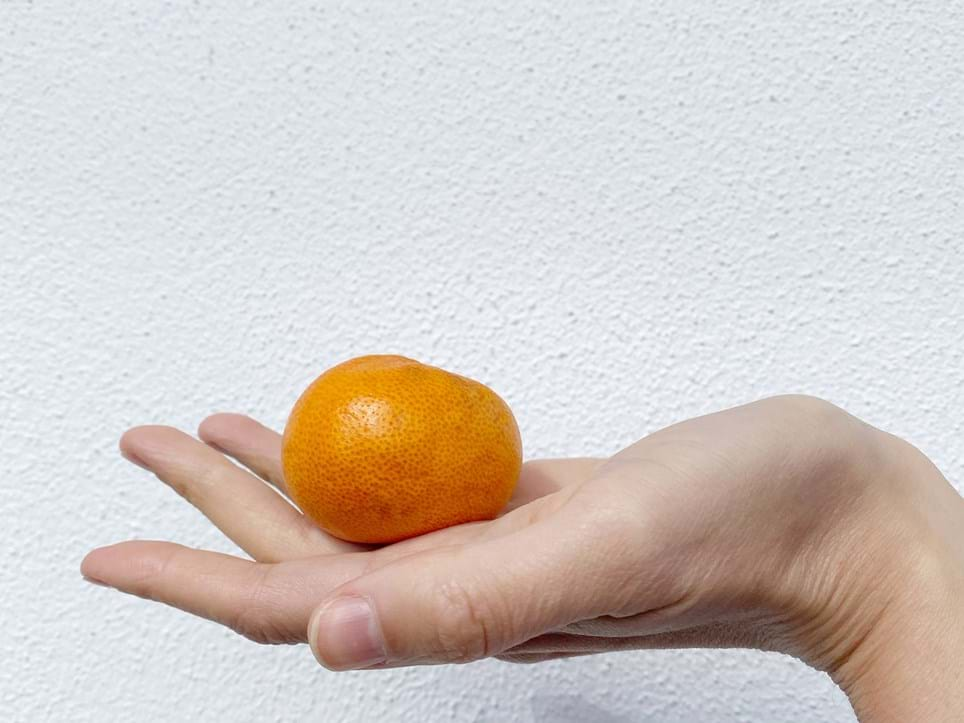Caroline Issa finally puts away her cheap chocolate bar and seeks expert advice on better nutrients to see her through the stay-at-home period and stocking up on her once-a-week-shop.
I’ll admit to panic buying Kit Kats and chocolate digestives, I'm not proud of it. Even though every brain cell tells me that junk food is NOT the way to survive a pandemic lockdown, and that I need to get sensible if I want to get fighting fit for when we come out of it, I know that bulk buying clementines is also not the answer. So who better to turn to than Dr. Jan Stritzke, Deputy Medical Director at Lanserhof, the ex-hotel-turned-medical-facility in Austria (the original site) that many, I know, have flocked to in order to better acquaint themselves with health treatments and techniques as preventive form, rather than reactive. Their recent foray into a London outpost with the Arts Club in the old Dover Street Market complex has brought some state-of-the-art fitness equipment and techniques to our city, and their “longevity” focussed wellness approach has been gaining even more momentum and fans. We asked Dr. Stritzke for some simple advice we could all follow...
Because: With levels of anxiety high these days, and given all the uncertainty and doom and gloom on the news, what foods do you recommend to help reduce anxiety and allow for best digestion? Can food help with anxiety?
Dr. Stritzke: In times with exit restrictions and home office work dominating daily life, it is especially important to pay attention to physical fitness and nutrition. In this context it is especially important that the food is light and easy to digest. I recommend a diet rich in cooked vegetables and healthy oils as well as occasional poultry or fish. The principle of intermittent fasting (16:8) but also other types of fasting may help to improve immune defense. In any case, it is important to avoid large, high carb and high caloric dinners.
A good diet also directly influences our well-being. We feel efficient and are full of mental clarity. Our happiness hormone serotonin is synthesized from the amino acid tryptophan. Tryptophane is found in many foods. Above all in milk and dairy products such as cheese. It is also found in large quantities in poultry, beef, eggs, peas, nuts and potatoes. These foods may therefore prevent a lack of the happiness hormone.
Because: At most of our homes, we don't have access to all the high-tech tools and gadgets that Lanserhof may typically use - what do you suggest as the handiest of furniture or home objects to help us either with exercise, sleep or diet?
Dr. Stritzke: There is now an almost unmanageable number of devices at the market that can track anything. For me personally it has to be as simple as possible but still effective. For the tracking of sleep and movement I prefer the Oura Ring. For daily weight tracking I recommend the Body Cardio Scales from Withings.
Because: In your opinion, is there one supplement/vitamin that we should always be stocked up, especially when sitting in front of laptops at home?
Dr. Stritzke: There is no direct evidence of a benefit of taking dietary supplements to prevent infection with the corona virus. Nevertheless, I would currently avoid specific deficiencies of vitamin D, vitamin C and B vitamins. These are in fact more common than one might think.
More More More!
+ Carmen Bellot trials bee venom beauty...
+ Caroline Issa on her trip to the Eudelo skin clinic...
+ Surprise Me!








